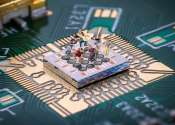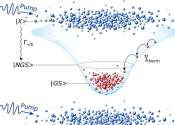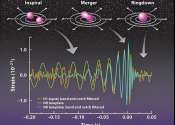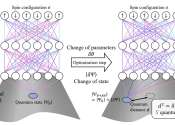Raman spectroscopy offers new insights into ionic liquid acidity
Researchers at the University of Liège have for the first time determined the acidity of ionic liquids using Raman spectroscopy, thanks to Hammett acidity functions. This advance promises to revolutionize our understanding ...









